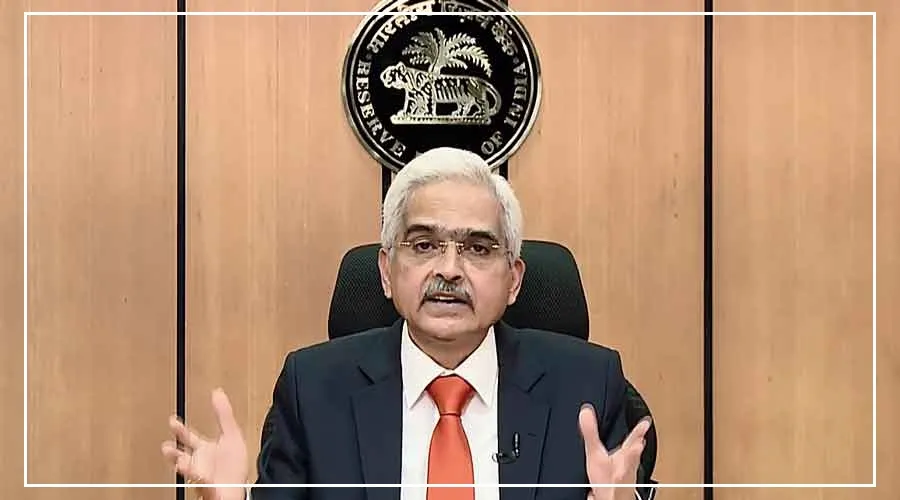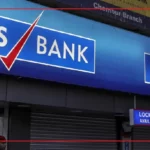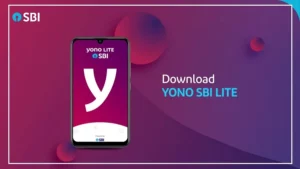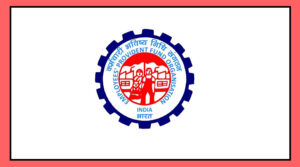The Reserve Bank of India (RBI) issued a circular on September 20, 2019, to establish clear guidelines on handling failed transactions.
According to these rules, if a bank doesn’t reverse the deducted money within a set timeframe after a transaction fails, it must pay a daily penalty until the problem is fixed.
When Will You Receive Compensation?
The bank’s penalty depends on the type of failed transaction, and compensation is only offered if the failure was beyond the customer’s control.
Once you know the expected time for reversal, you can contact the bank to claim the penalty if they exceed this timeframe.
Penalty Situations for Different Transactions
ATM Transactions: If you attempt an ATM withdrawal, the money is deducted, but cash isn’t dispensed, the bank has five days to reverse the transaction.
If not, you are entitled to ₹100 per day until the money is returned.
Card-to-Card Transfers: In card-to-card transfers, if the amount is debited but not received by the recipient, the bank must reverse it within two days (T+1). Failing this, the bank incurs a ₹100 daily penalty.
PoS, IMPS, and UPI Transactions: For PoS (Point of Sale), IMPS, or UPI transactions, if the money is debited but not credited to the recipient, the bank has one day (T+1) to complete the reversal.
If delayed, the bank must pay ₹100 per day until the amount is credited or refunded.
More Information on Penalty Guidelines
For a detailed understanding of the penalty guidelines, refer to the RBI document titled “Harmonisation of Turn Around Time (TAT)
and customer compensation for failed transactions using authorised Payment Systems.”
























